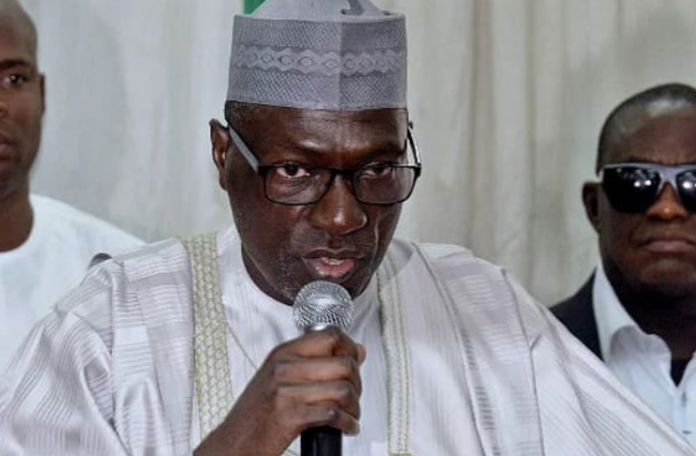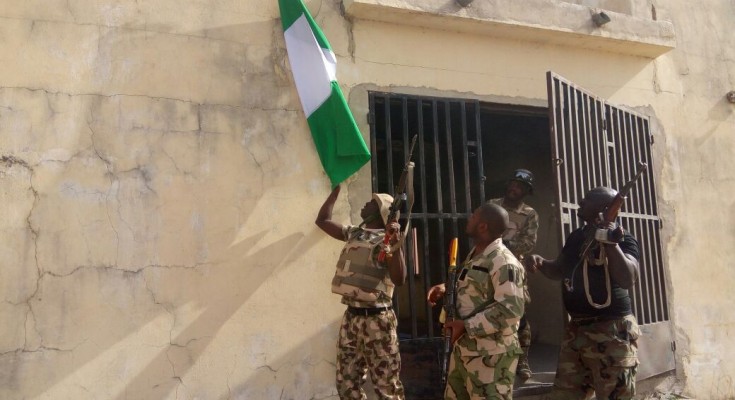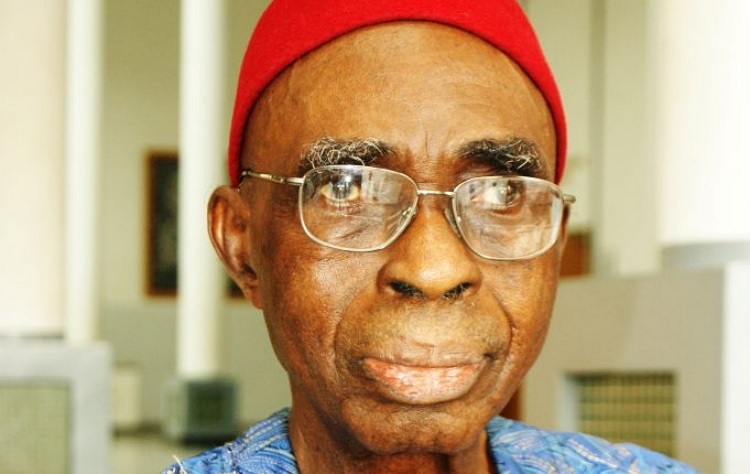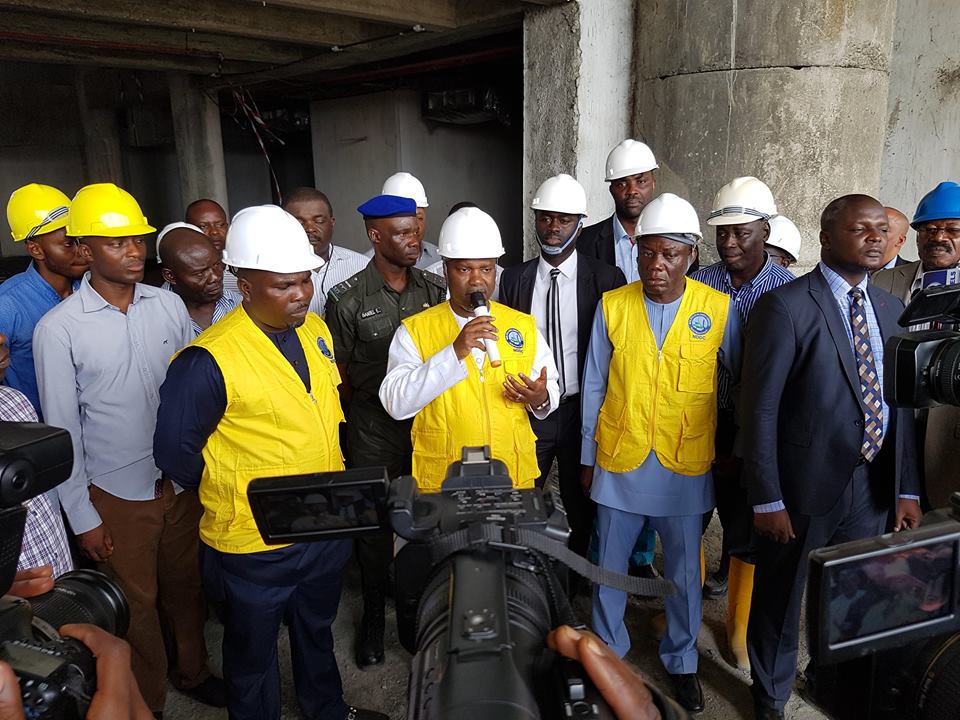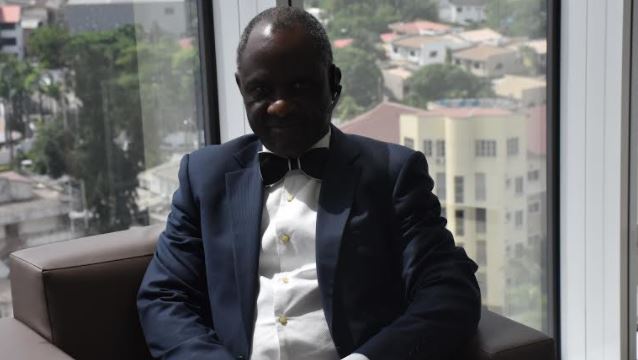BY GODWIN EWULU
Like never before in Nigeria’s 57-year history, this administration is investing heavily in power generation, road construction, power transmission, rail lines, seaports, housing and other heavy infrastructure across the nation.
On Tuesday, while presenting the 2018 budget before a joint session of the national assembly, the president said “this Administration was able to invest an unprecedented sum of over 1.2 trillion Naira in capital projects through the 2016 Budget”.
For 2017, the investments were even more ambitious. A few weeks ago, N100 billion raised from the Sukuk bond was dedicated to the repair and construction of 25 roads across the nation; Ibadan to Ilorin, Benin to Sagamu, Lokoja to Edo, Enugu to Port Harcourt, Kano to Maiduguri, and Nasarawa to Benue — touching every part of our nation state.
Advertisement
The plans for 2018 are audacious; the government is setting aside N2.428 trillion for capital projects, breaking its own record at every turn. But is there really a need to spend so much money on the so called key and strategic investments, when a lot of Nigerians still wander the street jobless?
Why spend so much on Infrastructure?
First, strategic investment in infrastructure create jobs.According to Akinwumi Adesina, the president of the African Development Bank (AfDB), says that Nigeria, and indeed Africa loses 5% of its gross domestic product to lack of electricity. Five percent addition to GDP in Nigeria will mean millions of jobs for Nigerians, hence, fixing the power problem is fixing jobs for the nation.
Advertisement
A recent S&P Ratings report indicates that spending on infrastructure has a massive ripple effect on jobs. Increasing spending on infrastructure by one percent of real gross domestic product (GDP) would support 730,000 jobs in the US and increase economic growth by 1.7 percent. In China, it would support 600,000 jobs and 2.2 percent in economic growth. For emerging economies like Brazil, Nigeria, it would generate 2.5 percent in economic growth.
This has been made vivid by recent investments in power infrastructure by the current administration. The investments in Power, Works and Housing for the year 2016 alone, is estimated to have created 193,469 jobs. You can almost double the number for 2017, and much more for 2018, as more money is being invested. For jobs, investing in infrastructure makes absolute sense.
As if that were not enough, infrastructure investments also makes its easier to do business in Nigeria. According to the World Bank ease of doing business report released last week, power generation and transmission has improved in Nigeria, making it easier for small and big businesses to get access to power, which drives increase profit. So these investments in power raise revenue by increasing profit for business.
In the same breath, better power generation and transmission, was part of the indices that raised Nigeria by 24 places to 145 in the report. This in no small means will boost investor’s confidence in the Nigerian market again and increase foreign direct investments (FDI) flow from the international community to Nigeria.
Advertisement
On social benefits, infrastructure saves lives. Consider the number of deaths Nigeria records annually due to bad roads across the country. This numbers will reduce dramatically following the upgrade of many of those roads. Many others have suffered death at public and private hospitals due to lack of electricity for immediate and adequate treatment. An investment in power definitely turns that tide. Investing in infrastructure does not just saves lives, it also makes standards of living better; the countries with the best infrastructure also posses the highest ratings on human development index.
The African Development Bank (AfDB) says Nigeria’s core stock of infrastructure is estimated at only 20-25 percent of GDP. This is at variance with about 70 percent for other middle income countries of Nigeria’s size. This leaves Nigeria with an infrastructure deficit of about $300bn.
To curb this deficit, and also prepare for a time when Nigeria will be the third most populous country in the world, the country must spend a minimum of $14 billion (N4.98 trillion) on infrastructure every year. Even in the most developed countries of the world, government does not bear the sole responsibility of investing in infrastructure.
In Nigeria, government has not and may not be able to do all the spending, but government must lead the way. Government must put its money where its mouth is; government must show private sector players that this is an investment worth making. President Buhari alluded to this when he said “certainly, the infrastructure requirement to reposition Nigeria for the future is huge and our resources are limited. Government, therefore, will pursue private partnerships to maximise available capital and developmental impact”.
Advertisement
For jobs, for revenue, for social benefits, and for total development of the Nigerians state, investment in infrastructure makes absolute sense.
Reach Godwin Ewulu via [email protected]
Advertisement
Views expressed by contributors are strictly personal and not of TheCable.
Add a comment

